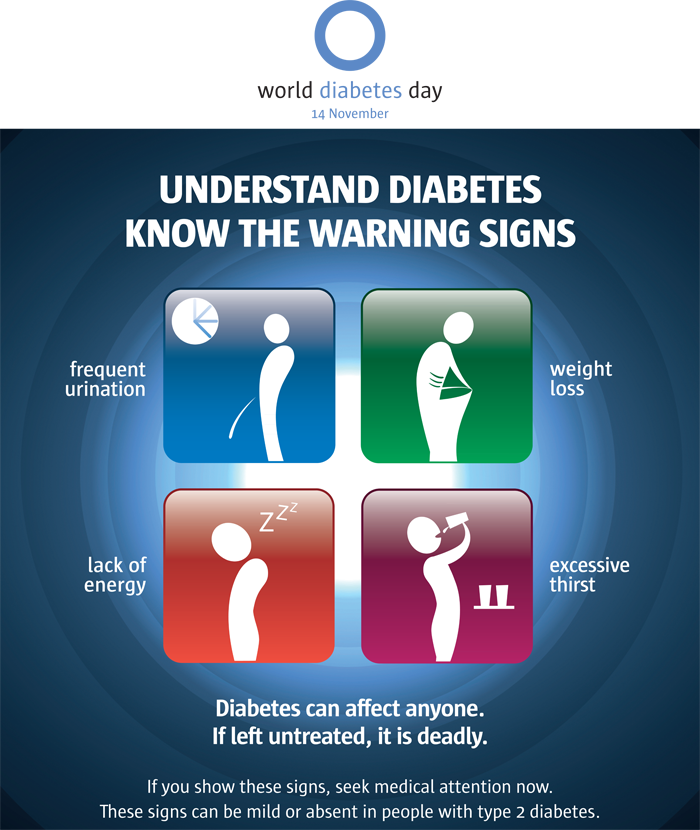When a woman loses 3 or more pregnancies and none of these pregnancies go beyond 5 months ( 20 weeks ).
Pregnancy loss can be either in the first 3 months (12 weeks), with incidence of around 80% , in the second 3 months ( 12 – 28 weeks ) commonly because of anatomical defects of the uterus and in a condition called antiphospholipid syndrome , and in the last 3 months ( 28 weeks to term ) can be because of premature membrane rupture or malformations of the fetus .
In todays world with the onset of late marriages and fewer children are we justified in telling the couple to review back after she had 3 miscarriages or with the various investigative modalities available should we start investigating as soon as the lady has one miscarriage is debatable .But with the available data it was suggested that investigation need to be performed when the patient gives a history of 2 pregnancy losses.
Recurrent pregnancy loss complicates 0.5 – 3% of all pregnancies. Large proportion of these cases are unknown with no proper modalities of treatment .understanding of the causes of pregnancy losses will form the basis for investigation and treatment of the condition .
- Chromosomal abnormalities : normally occur in 4% of patients commonly being balanced translocation
- Anatomical defects : defects of the uterus and cervix like presence of fibroids ( tumor muscle mass in the uterus ) in a submucous location , presence of adhesions inside the cavity ,uterine anomalies like septate uterus and lastly incompetence of the cervix
- Conditions like antiphospholipid antibody syndromes and inherent thrombophilias
- Endocrinological disorders like PCOS ( hypersecretion of the hormone called LH ),thyroid dysfunction , diabetes
- Immunological factors like presence of antithyroid antibodies
- Infections – correction of a condition called bacterial vaginosis has been said to reduce the incidence of pregnancy loss
- Lifestyle factors like – smoking , excess alcohol intake and , consumption of high quantities of caffine ( > 300 mg/ day )
All these conditions need to be investigated and treatment regimens designed accordingly .
Most importantly counseling and proper explanation of the condition is of utmost importance as even with correction of all the abnormalities does not guarantee a good pregnancy outcome .
Treatment in a nutshell will be – supplementation of folic acid and vitamin b12, supplementing with metformin in case of PCOS , asprin and low molecular weight heparin in conditions like APLA and thrombophilias , correction of diabetes , treatment of thyroid disorders and treatment of other specific causes
Dr.Raghavendra Prasad
MBBS, DGO, DNB
Specialist Obstetrics / Gynecology


